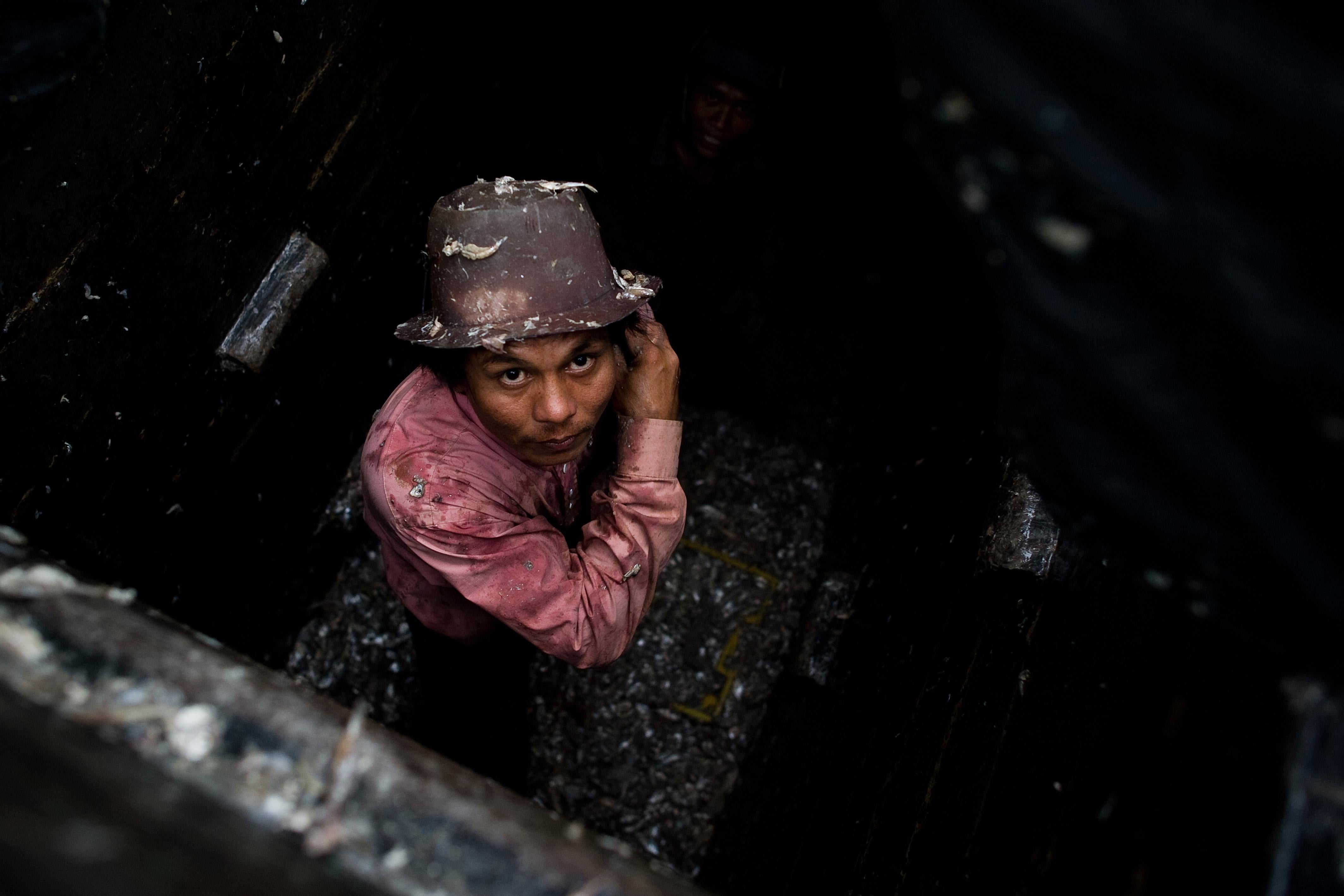Did you know that some of the seafood you purchase and eat could be the product of slave labor? After a six-month investigation, the Guardian revealed on Tuesday that laborers forced to work under brutal conditions for years without pay—slaves, in other words—are used in Asia to produce seafoods sold primarily to prominent British, U.S., and European retailers.
The exhaustive report found that thousands of the men who end up as slaves initially fled to Thailand in search of a better life. Most of the migrants, who are from neighboring countries such as Myanmar and Cambodia, pay brokers to secure jobs and passage to Thailand for them. But once they’ve handed over the money, they’re tricked into enslavement. One man interviewed for the piece thought he was going to work at a pineapple factory, but soon discovered that he’d been duped: “When I saw the boats, I realized I’d been sold…I was so depressed, I wanted to die.”
About 270,000 migrants work in Thailand’s fishing industry. Boat captains buy slaves for as little as £250 ($419) and subject them to numerous atrocities: one meal of rice a day, 20-hour shifts, frequent beatings and killings (one was thrown overboard while chained to a rock as punishment for insubordination).
These boats mainly catch squid, tuna, and “trash fish,” or inedible bycatch ground into fishmeal for use in Thailand’s massive prawn industry. The edible fish are eventually sold to the Thai-based multinational company CP Foods. From there, the fish food is exported to parts of Europe and America where they end up in stores such as Walmart, Costco, and Tesco.
While non-governmental organizations and UN reports have called attention to slavery in the Thai fishing industry before, the Guardian piece (accompanied by a documentary film) is the first time that the intricate dots between suppliers, slaves, producers, and retailers have been connected.
